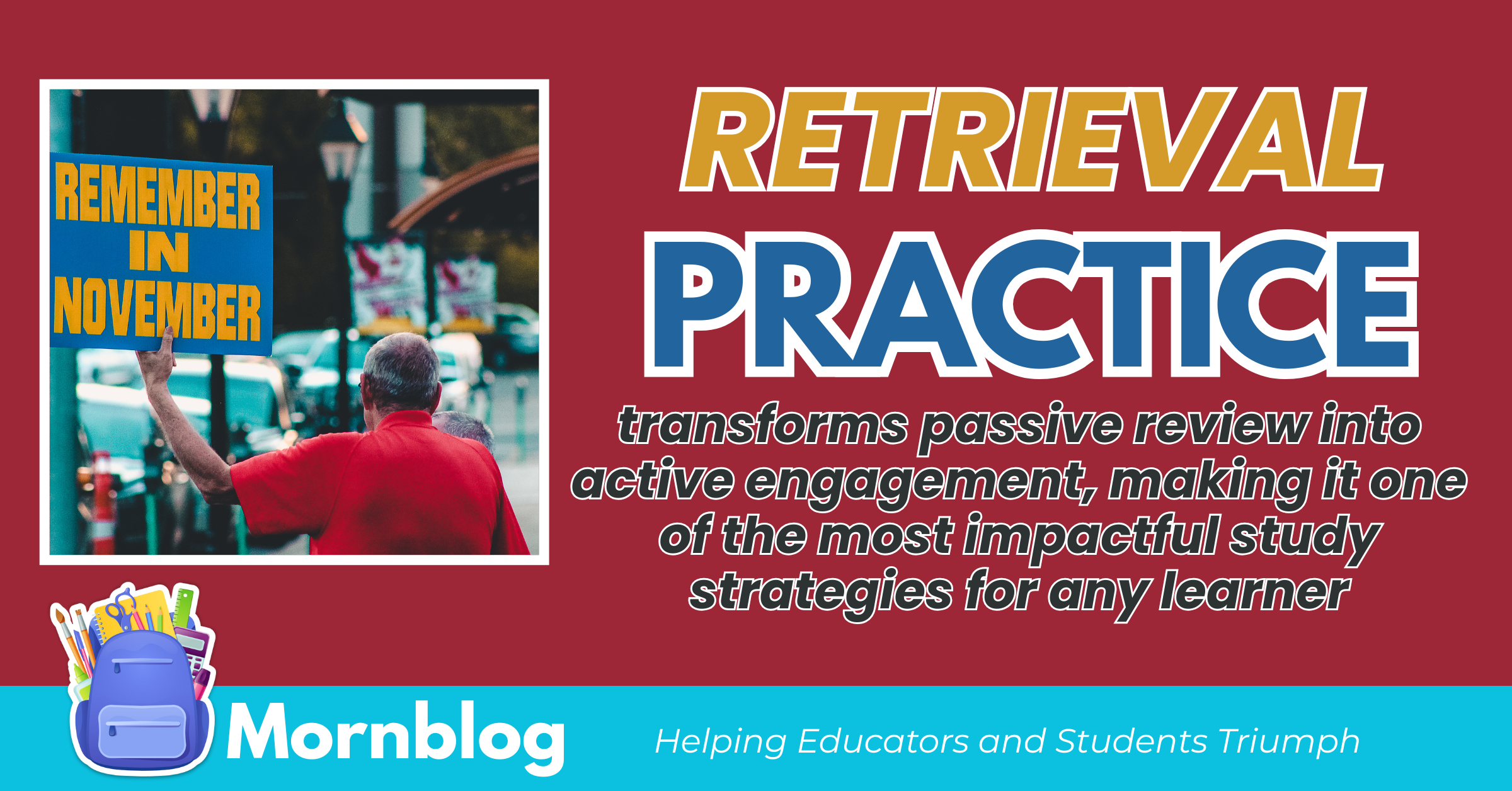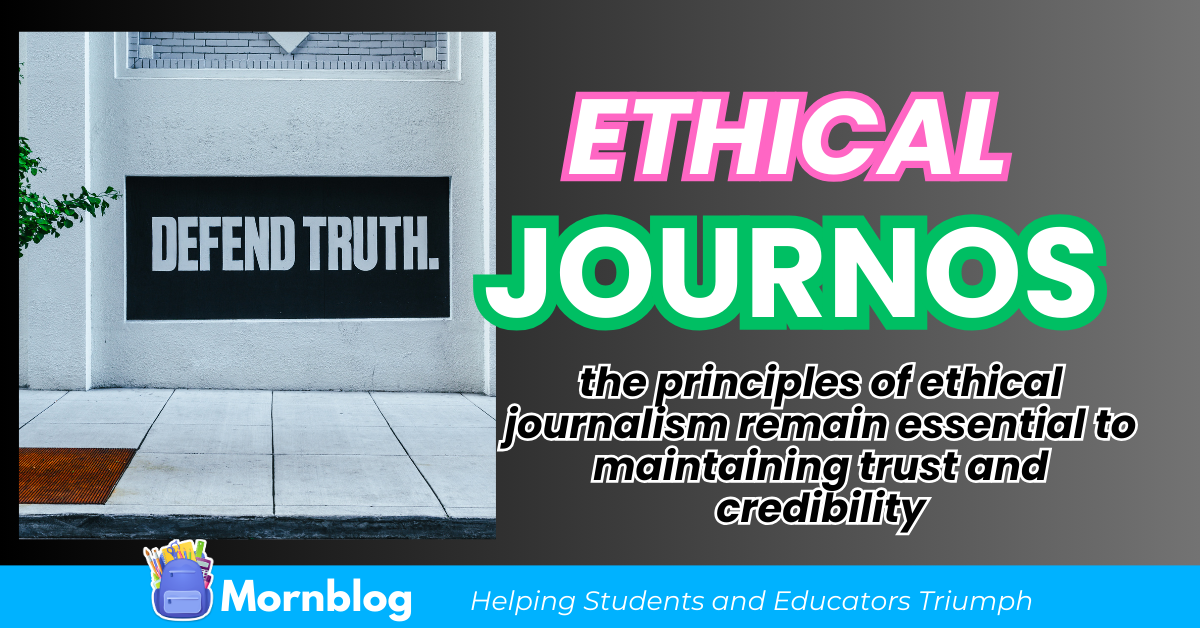Learn by Heart: The Ultimately Reliable Retrieval Practice is Most Effective Ways to Enhance Learning
Retrieval practice is a study technique that involves actively recalling information from memory, rather than passively reviewing materials.
By challenging yourself to remember information without looking at your notes or textbooks, you strengthen your ability to retain and apply knowledge in the future.
This strategy is supported by extensive research in cognitive science and retrieval practice is considered one of the most effective ways to enhance learning.
Table of Contents
What is Retrieval Practice?
Retrieval practice shifts the focus from reviewing content to actively recalling it. For example, instead of rereading a biology textbook, a student might close the book and try to list the steps of photosynthesis from memory.
This effortful recall reinforces neural pathways, making it easier to retrieve the information later.
The technique works because it mimics how our brains naturally retrieve information in real-world situations.
It not only strengthens memory but also identifies gaps in understanding, helping students focus on areas that need improvement.

How to Use Retrieval Practice
Self-Testing
Regularly quiz yourself on the material you are learning. This could include creating flashcards, answering practice questions, or using online quiz platforms.
Example: In history, write down all the events leading to a significant war without referencing your notes. Then check for accuracy.
Use Question Prompts
Ask yourself open-ended questions about the topic. For example, if you are studying economics, you could ask, “What are the causes of inflation?” Write or verbalize your response before checking the correct answer.
Teach Someone Else
Explaining concepts to others forces you to recall and organize information effectively. You could explain a math formula to a friend or discuss a novel’s themes with a classmate.
Practice Spaced Retrieval
Combine retrieval practice with spaced repetition by revisiting topics at increasing intervals. For example, review content one day after learning, then three days later, and so on.
Simulate Exam Conditions
Set a timer and practice answering questions in a test-like environment. Avoid using notes or other aids during this exercise.

Benefits of Retrieval Practice
Enhances Long-Term Memory
Retrieval strengthens neural pathways, making it easier to access information when needed.
Builds Confidence
Regular recall practice reduces anxiety by preparing you for real-life applications, such as exams or presentations.
Identifies Weak Areas
Retrieval practice highlights gaps in knowledge, allowing you to focus on topics that need more attention.
Promotes Deeper Understanding
It encourages connections between concepts, leading to a more comprehensive grasp of the material.
Common Mistakes and Misconceptions
Overlooking Feedback
Simply recalling information isn’t enough; checking for accuracy is essential. Without feedback, you risk reinforcing incorrect memories.
Using Only Recognition-Based Methods
Methods like multiple-choice questions rely on recognizing answers rather than retrieving them. Incorporate free-response questions to strengthen recall.
Cramming Instead of Spacing
Retrieval is most effective when spaced over time. Cramming may work short-term but leads to quicker forgetting.
Ignoring Application
Retrieval practice isn’t just for memorizing facts. Use it to understand how concepts apply to different scenarios or problems.
Practical Applications
Science: Use flashcards to memorize terms or write out the steps of an experiment from memory.
Math: Solve practice problems without referring to formulas, then review your answers.
Literature: Summarize a chapter’s main ideas or themes without looking back at the text.
Languages: Recall vocabulary words or conjugate verbs without using a reference guide.
Conclusion
Retrieval practice transforms passive review into active engagement, making it one of the most impactful study strategies for any learner.
By incorporating this method into your routine, you can build a robust foundation of knowledge and improve your ability to apply what you’ve learned in real-life contexts.
School Hacks
Subscribe
Fresh insights and exclusive perks delivered straight to your inbox. Sign up now!






